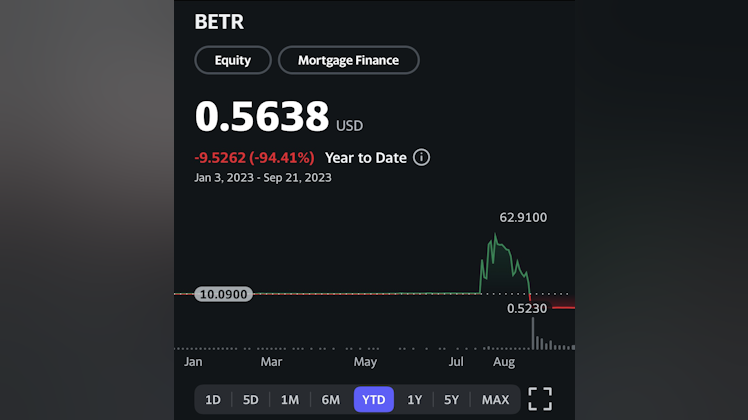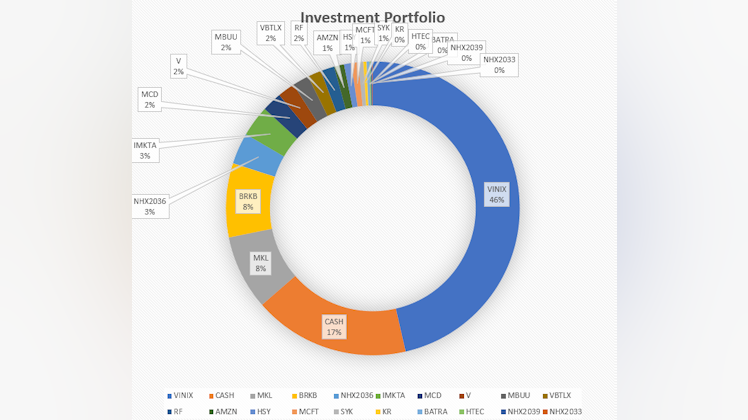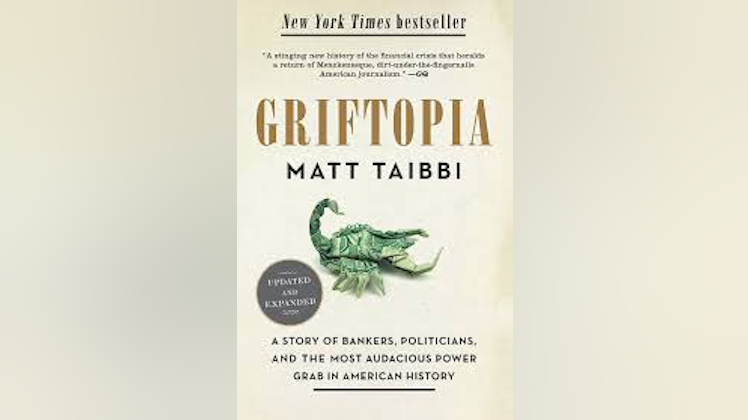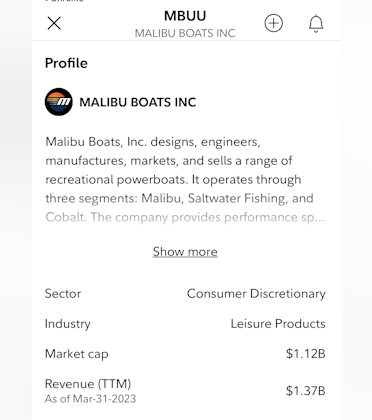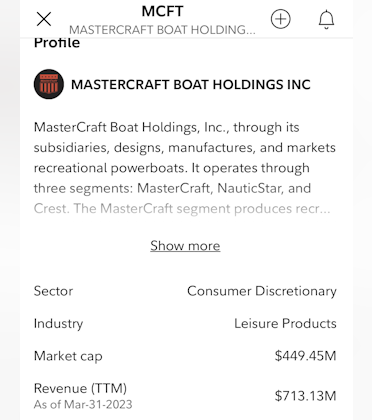Trending Assets
Top investors this month
Trending Assets
Top investors this month
@tp0722

Tyler P
$2M follower assets
151 following62 followers
Easy Money
Google Books
Easy Money
INSTANT NEW YORK TIMES BESTSELLER “A smart, savvy road map through the mayhem of the cryptocurrency madness.”—Ron Chernow, Pulitzer Prize-winning author of Alexander Hamilton From “one of the crypto industry’s unlikely but most prominent critics” (Washington Post), an entertaining and well-researched account of the rise and fall of cryptocurrency. At the height of the pandemic, TV star Ben McKenzie was the perfect mark for cryptocurrency: a dad stuck at home with some cash in his pocket, worried about his family, armed with only the vague notion that people were making heaps of money on something he—despite a degree in economics—didn’t entirely understand. Lured in by grandiose, utopian promises, and sure, a little bit of FOMO, McKenzie dove deep into blockchain, Bitcoin, and the various other coins and exchanges on which they are traded. But after scratching the surface, he had to ask, “Am I crazy, or is this all a total scam?” In Easy Money, McKenzie enlists the help of journalist Jacob Silverman for an investigative adventure into crypto and its remarkable crash. Weaving together stories of average traders and victims, colorful crypto “visionaries,” Hollywood’s biggest true believers, anti-crypto whistleblowers, and government operatives, Easy Money is an on-the-ground look at a perfect storm of irresponsibility and criminal fraud. Based on original reporting across the country and abroad, including interviews with Sam Bankman-Fried, Tether cofounder Brock Pierce, Celsius’s Alex Mashinsky, and more, this is the book on cryptocurrency you’ve been waiting for.
Watchlist
Something went wrong while loading your statistics.
Please try again later.
Please try again later.
Already have an account?
